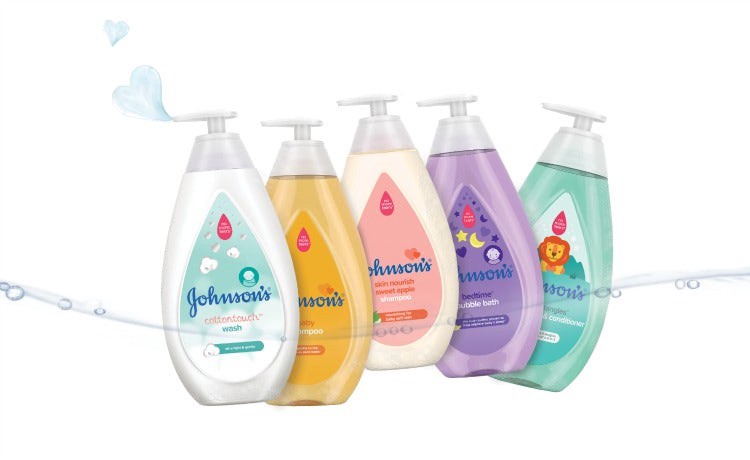
Over the past 24 months, I’ve sat in several meetings and held conversations with leaders who say, “I don’t understand Millennials.” This has become a familiar sentiment among leaders classified as part of the baby boomer & Gen X generations.
I understand their concern, especially with the decrease in impact traditional product marketing & advertising has on the consumer market. Gone are the days when a company could launch or sell a product by creating an advertisement and saying, “buy this,” and the product flew off the shelves.
Newer generations like Millennials (people born after 1980) and Gen Z people born after 2000) require and expect more from consumer brands, and being that I’m a Millennial myself, I can attest this to be true. But there is an upside to this fact, a silver lining so to speak, in the fact that Millennials are a very simplistic generation to understand & engage.
Here is the secret to connecting with the Millennial consumer. Are you ready? Here it goes — “you have to simply be who you say you are.” Tada, that’s the secret to connecting with Millennials. We cannot be told or sold to purchase or support anything without social proof and the brand living its message.
If you’re a brand that promises your product provides a specific result, we expect that to be the case. And if it doesn’t accomplish what you’re promising, we’ll inform others in the market by placing our feedback & reviews online. And before we as Millennials purchase an item, we look for this type of feedback or “social proof” to confirm, based on others’ experiences if the item is worth our dollar or time.
I mention this because this upcoming fall, Johnson & Johnson is rebranding its entire baby care line to quote-unquote “prioritize transparency over science” as it looks to connect with Millennial parents.
This is smart, Millennial buying power currently sits at $200 Billion annually, and being that it’s a generation that values transparency and environmental & health consciousness repositioning their focus is a wise move, but will it work?
Johnson & Johnson believes that its willingness to do away with key brand identifiers like its gold shampoo or pink baby lotion, to become more transparent about its fragrances & dyes will resonate with millennial parents, but I’m not so sure, and here’s why.
Although creating packaging that resembles the look of other paraben & sulfate-free organic brands in the market, their baby products will be admittedly made of naturally-derived ingredients where possible. The fact the product will not be 100% organic is where the disconnect with Millennials will arise.
With there being such a strong market of actual organic baby products by brands like The Honest Company, Dr. Bronners, and Babyganics, are Millennials looking to turn to a legacy brand such as Johnson & Johnson to fill their desire for safe, hygienic care for their families? I know that I’m not, but time will tell. What are your thoughts, are Johnson & Johnson going to hit the mark with the repositioning of its baby care line?